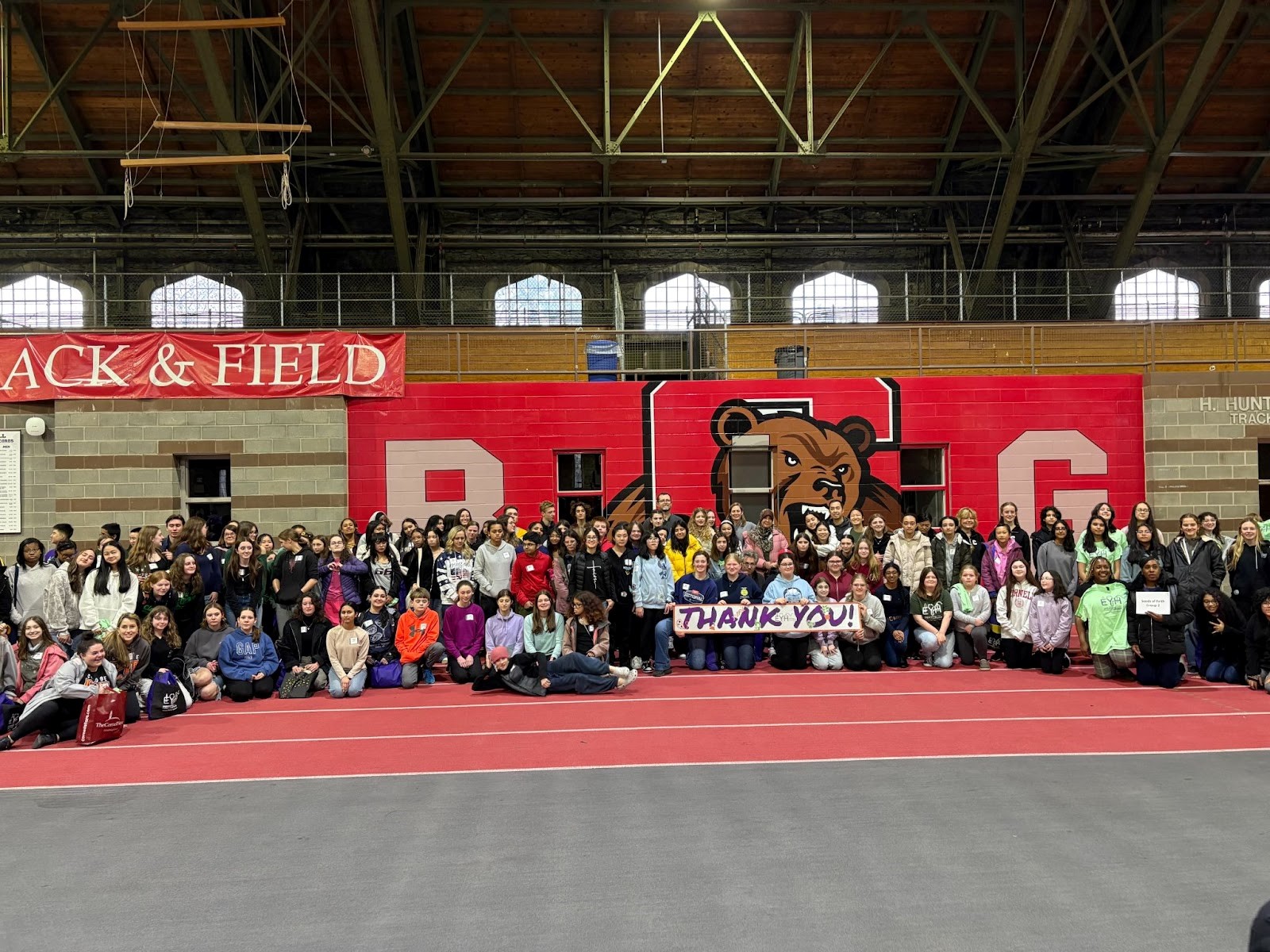Dolores J. Lamb, PhD, HCLD (ABB)
- What aspect of your research are you most excited about right now?
- Genitourinary anomalies include cryptorchidism, hypospadias, ambiguous genitalia, and other genital birth defects, as well as congenital anomalies of the kidney and urinary tract. We were the first to reveal that disorders of sexual differentiation can be due to genomic defects causing microdeletions and microduplications of syndromic dosage-sensitive genes which impact major developmental signaling pathways in unique ways.
- What inspired you to study reproduction, in general?
- Great mentors inspired me to study reproductive biology and reproductive medicine. My first mentors, John Hampton, Emil and Anna Steinberger and Barbara Sanborn were so impactful on my career trajectory. I have many other mentors as well—too many to name here, and still consult with them regularly and benefit greatly from their wisdom and advice. Throughout my career, I worked on whatever I thought would be fun and interesting for us to pursue. There are so many important and understudied areas in reproductive area- it is inspiring to work on this essential function of the body.
- When you’re not doing research, what are your hobbies or non-work-related interests?
- The scientist in me loves to cook. Learning new methods and techniques, understanding the process and the scientific basis behind these procedures; the experiment performed with each dish prepared- will it taste great? I go through phases of learning new skills- I prepared about 35 different Dim Sum dishes, other times I created artwork and scenes out of Sushi. I make bread, rolls, pizza and pasta from scratch. Currently I am trying my hand at the science of fermentation.
- What is the most valuable piece of advice you’ve received over your research career?
- Unless you know you made an error in your experiment, if the results do not turn out as planned, the experiment wasn’t bad. Your hypothesis might be wrong and should be reconsidered. When this happens you need to think creatively about what the results are telling you and let the data lead your science. Think creatively about your results and what they mean.
- Ideally, how do you envision your research contributing to the broader field of reproduction (be it societal, ecological, etc.)?
- Our work impacted patients with reproductive and urological health issues. New tests developed or validated for clinical use are used throughout the world by my team and improved the diagnosis of individuals with reproductive and/or urologic disease.
![Lamb Dolores.16490.Uro – [65] Dr. Dolores Lamb](https://reproduction.cornell.edu/wp-content/uploads/Lamb-Dolores.16490.Uro-65-scaled.jpg)



